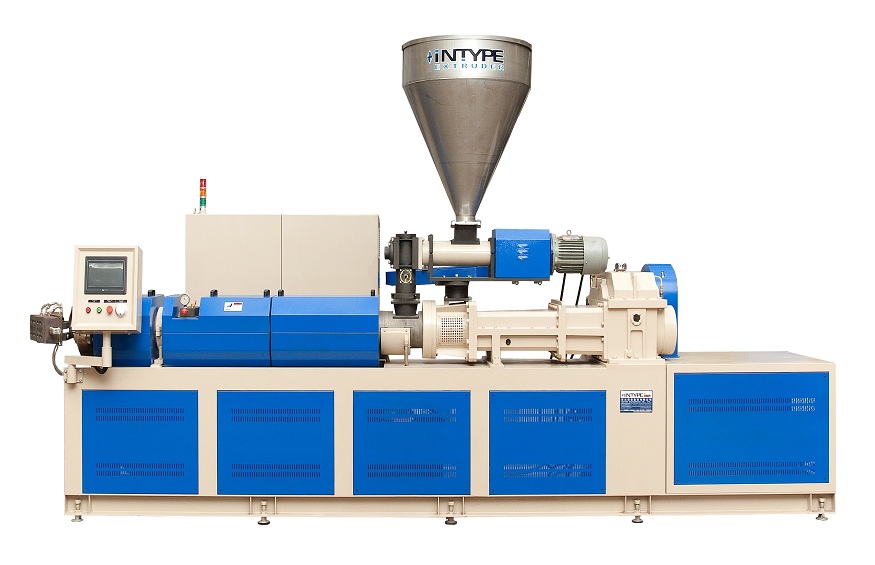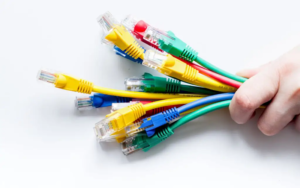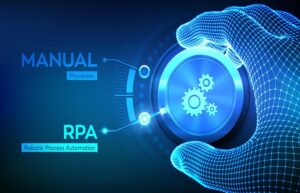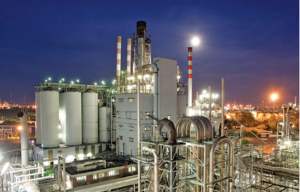What details do you know about plastic extruder machine?

1. what is a plastic extruder machine
The plastic extruder is usually the main machine in plastic extrusion equipment, while the plastic extrusion molding machine that accompanies it is called the auxiliary machine. After more than 100 years of development, plastic extruders have been derived from the original single screw, such as twin-screw, multi-screw, and even screwless models.
Plastic extruder (main machine) can be matched with various plastic molding auxiliary machines such as pipe, film, holding material, monofilament, flat wire, packing tape, extruded net, plate (sheet) material, profile, granulation, cable coating, etc., to form a variety of plastic extrusion molding production lines to produce various plastic products. Therefore, plastic extrusion molding machinery is a widely used machine in the plastics processing industry, whether now or in the future.
2. Categories of plastic extruder machine
- According to the number of screws, it is divided into single-screw extruders, twin-screw extruders, and multi-screw extruders;
- According to whether there are screws in the extruder, it is divided into screw extruder and plunger extruder;
- According to the operating speed of the screw:
Ordinary extruder: the speed is below 100r/min;
High-speed extruder: the rotational speed is 100~300r/min;
Super high-speed extruder: the rotational speed is 300~l500r/min.
- Classification according to the assembly structure of the extruder: there are integral extruders and separate extruders;
- According to the spatial position of the screw in the extruder, it can be divided into the horizontal extruder and vertical extruder;
- According to whether the extruder is vented during processing, it can be divided into exhaust extruders and non-exhaust extruders.
Single-screw extruders are the most widely used and are suitable for extrusion processing of available materials. Single-screw extruders occupy an important position as plasticizing granulating machinery or forming and processing machinery. In recent years, single-screw extruders have developed greatly.
The twin-screw extruder has less heat generated by friction, more uniform shearing of materials, large conveying capacity of the screw, stable extrusion capacity, long stay of materials in the barrel, and uniform mixing. Twin-screw extruder have good feeding characteristics, are suitable for powder processing, and have better mixing, exhaust, reaction, and self-cleaning functions than single-screw extruders. They are characterized by their superiority in processing plastics and blends with poor thermal stability.
3. Working principle of plastic extruder machine
- Screw: is the most important component of the extruder, which is directly related to the application range and productivity of the extruder. It is made of high-strength corrosion-resistant alloy steel.
- Barrel: is a metal cylinder, generally made of heat-resistant, wear-resistant, corrosion-resistant alloy steel or composite steel pipe lined with alloy steel into plastic extrusion machine barrel and screw, to realize the crushing, softening, melting, plasticizing, exhaust, and compaction of plastic, and continuously and evenly conveying rubber to the molding system, general barrel The length is 15 to 30 times its diameter so that the plastic is fully heated and fully plasticized.
- Hopper: The bottom of the hopper is equipped with a cut-off device to adjust and cut off the material flow, and the side of the hopper is equipped with a viewing hole and a calibration metering device. The machine head is composed of an alloy steel inner sleeve. Carbon steel jacket, the function of the machine head is to rotate the plastic melt into parallel linear motion, uniform and smooth introduction into the mold sleeve, and give the plastic the necessary molding pressure, plastic in the barrel plasticized and compacted, through the porous filter plate along a certain flow channel through the head neck into the machine head forming mold.
- To ensure proper plastic flow channels in the machine head and eliminate dead spots of accumulated plastics, diversion sleeves are often installed. Pressure equalization rings are also provided to eliminate pressure fluctuations during plastic extrusion. The machine head is also equipped with a mold correction and adjustment device, which facilitates adjusting and modifying the concentricity of the die core and sleeve.
4. Product features of plastic extruder machine
Modular and specialized
plastic extrusion machine modular production can adapt to the special requirements of different users, shorten the research and development cycle of new products, and strive for greater market share; In contrast, professional production can arrange fixed-point production and even global procurement of various system module components of extrusion molding equipment, which is very important to ensure the quality of the whole period, reduce costs and accelerate capital turnover favorably.
High efficiency and versatility
The high efficiency of the plastic extrusion machine is mainly reflected in increased output, low energy consumption, and low manufacturing cost. A screw plastic extruder has been used to extrude and mix polymer materials in terms of function. Still, its use has been extended to food, feed, electrodes, explosives, building materials, packaging, pulp, ceramics, etc.
Larger and precision
Large-scale plastic extrusion machines can reduce production costs, which has more obvious advantages in large twin-screw plastic granulation units, film blowing units, pipe extrusion units, etc.
Intelligent and networked
plastic extrusion machine adopts modern electronic and computer control technology, online detection of the process parameters of the whole extrusion process, such as melt pressure and temperature, the body temperature of each section, main screw and feeding screw speed, feeding amount, the ratio of various raw materials, current and voltage of the motor, etc., and adopts microcomputer closed-loop control. This is extremely beneficial for ensuring the stability of process conditions and improving the accuracy of products.








